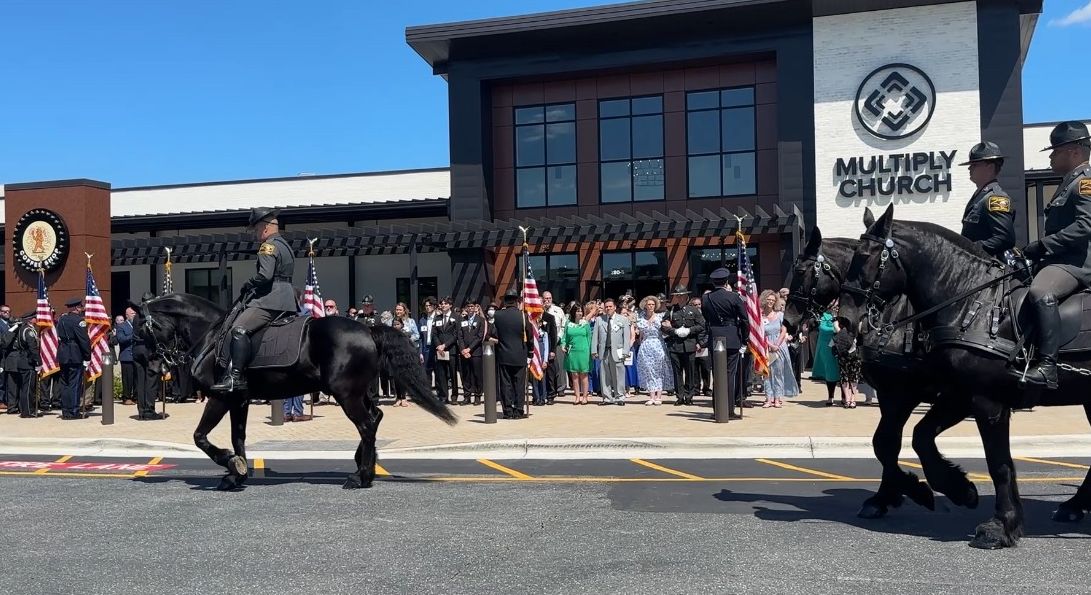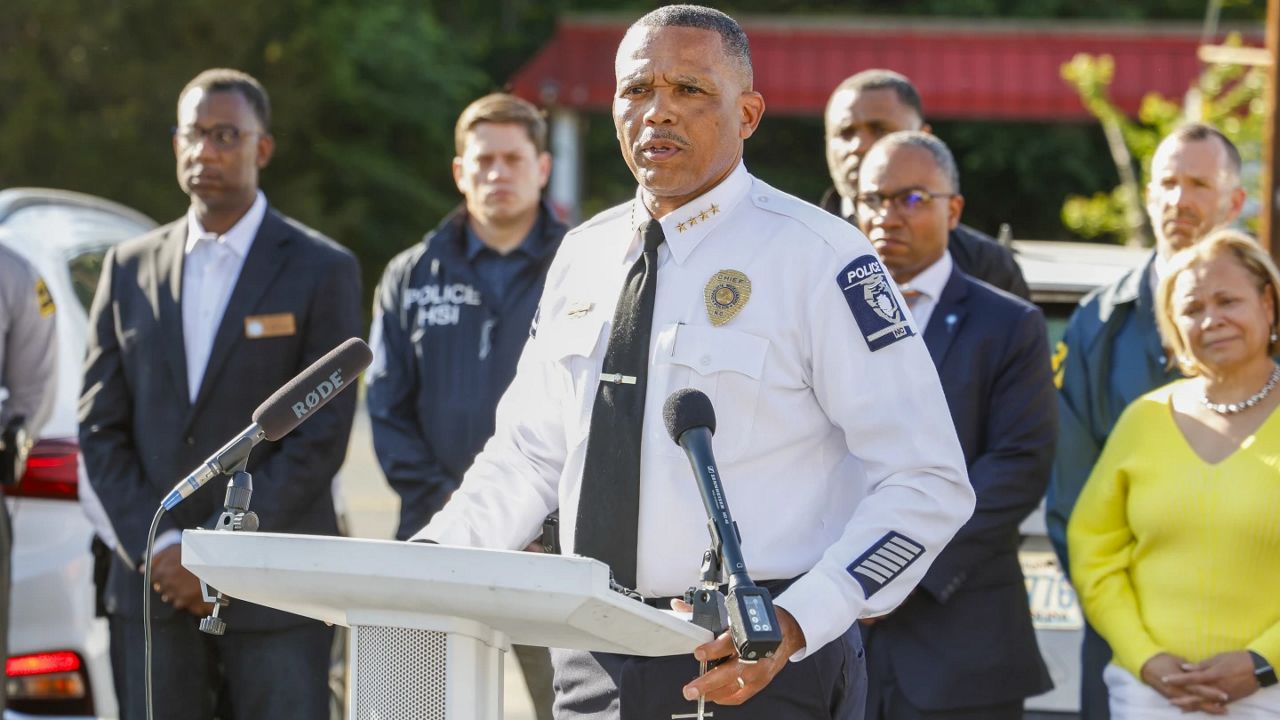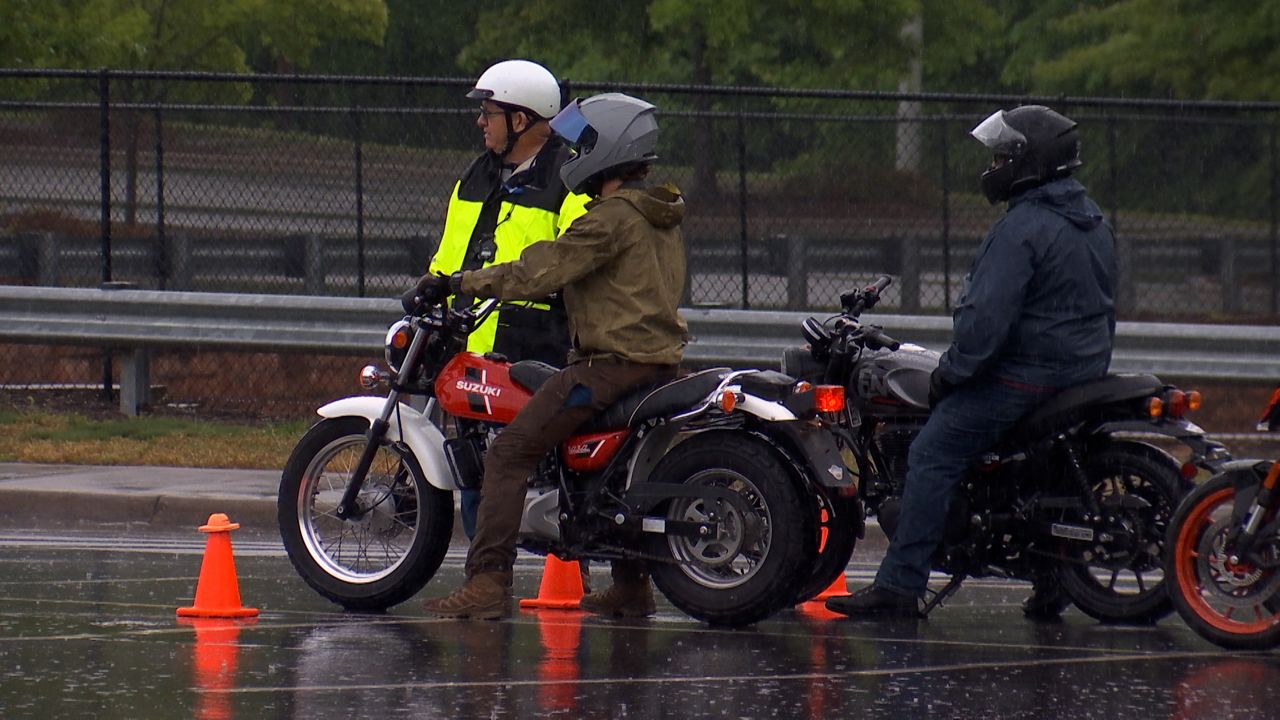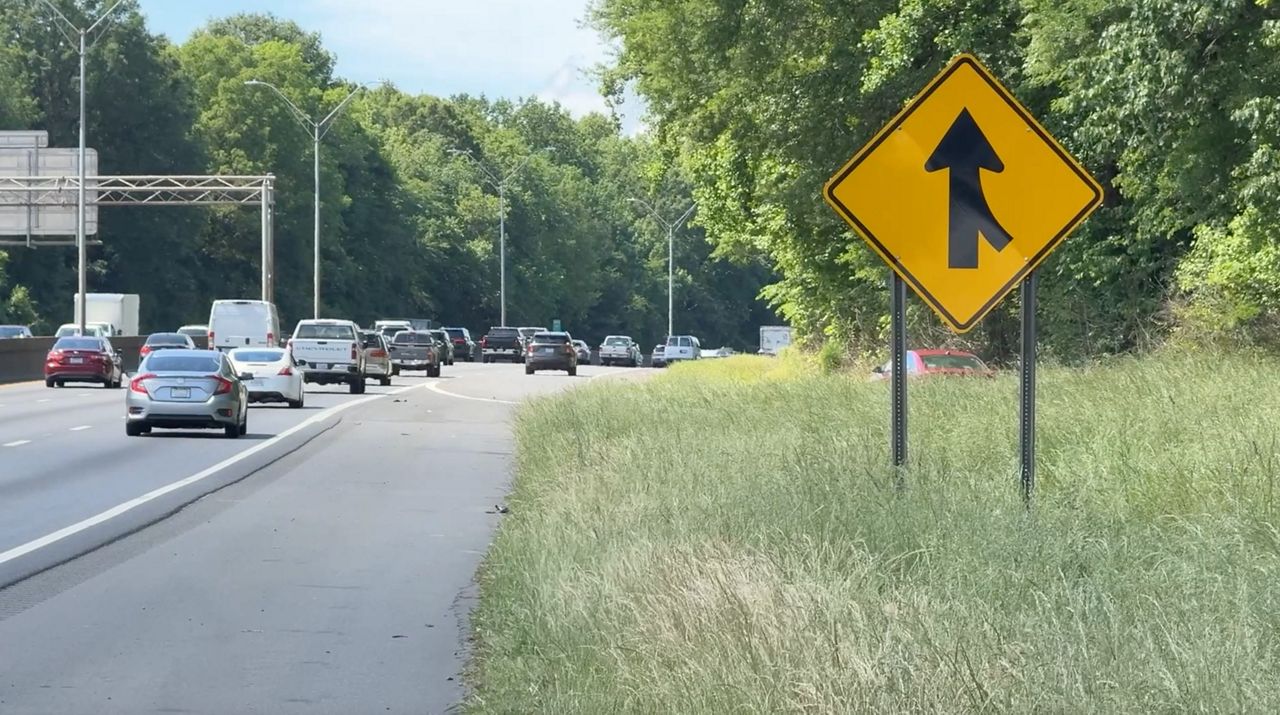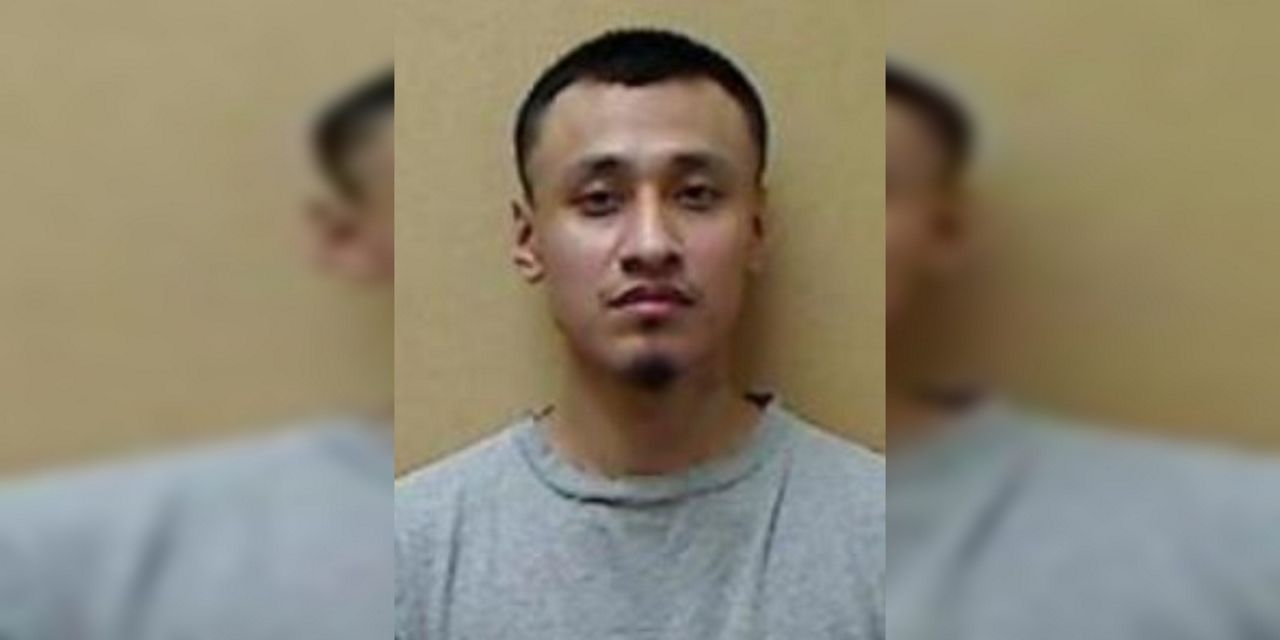CHARLOTTE, N.C. — As suicides among law enforcement officers continue to rise, mental health advocates like Fonda Bryant are pushing for more resources to help in light of the anniversary of the deadly officer shooting on April 29.
According to a report from First Help, an average of 184 officers die by suicide per year and over 1,200 public safety personnel died by suicide in the United States during a seven-year period.
Because of the increase in deaths, Bryant works closely with Charlotte-Mecklenburg Police Department recruits, offering them question, persuade, refer suicide prevention training — or QPR — before graduation.
“Number one, it helps you to recognize the warning signs of someone in crisis or suicidal. Number two, it helps you gauge your mental health,” Bryant said. “Number three, if you pick up on the signs early enough, you can prevent someone from going into crisis or becoming suicidal and the fourth thing it does, it helps you become a hero because you will leap in because you feel comfortable, because you know what to do and what to say.”
Blue Help, an organization that honors the service of officers who died by suicide, said in North Carolina, three officers died by suicide last year, and six in 2023.
'Self-care is very important'
Bryant said the QPR training teaches self-help skills as well as skills to help others.
“They face trauma. That’s one of the biggest things. I always tell people, I don’t know how many of us can really get out here and see and do what these officers do. So when I’m training the rookies, I hammer home to them that self-care is very important,” Bryant said.
The National Library of Medicine reports that 1 in 7 officers worldwide have PTSD and depression and 1 in every 10 struggle from other mental illnesses. The rate of PTSD and depression is about twice as high for those in law enforcement than for the general population.
Bryant believes it may be hard for officers to reach out for help because of the stigma.
“It goes back to the stigma that if you go get help, you’re weak. You can’t handle your assignments and one of the biggest things officers fear is that, hey, if I go and get some help, then I can’t get promoted,” Bryant said.
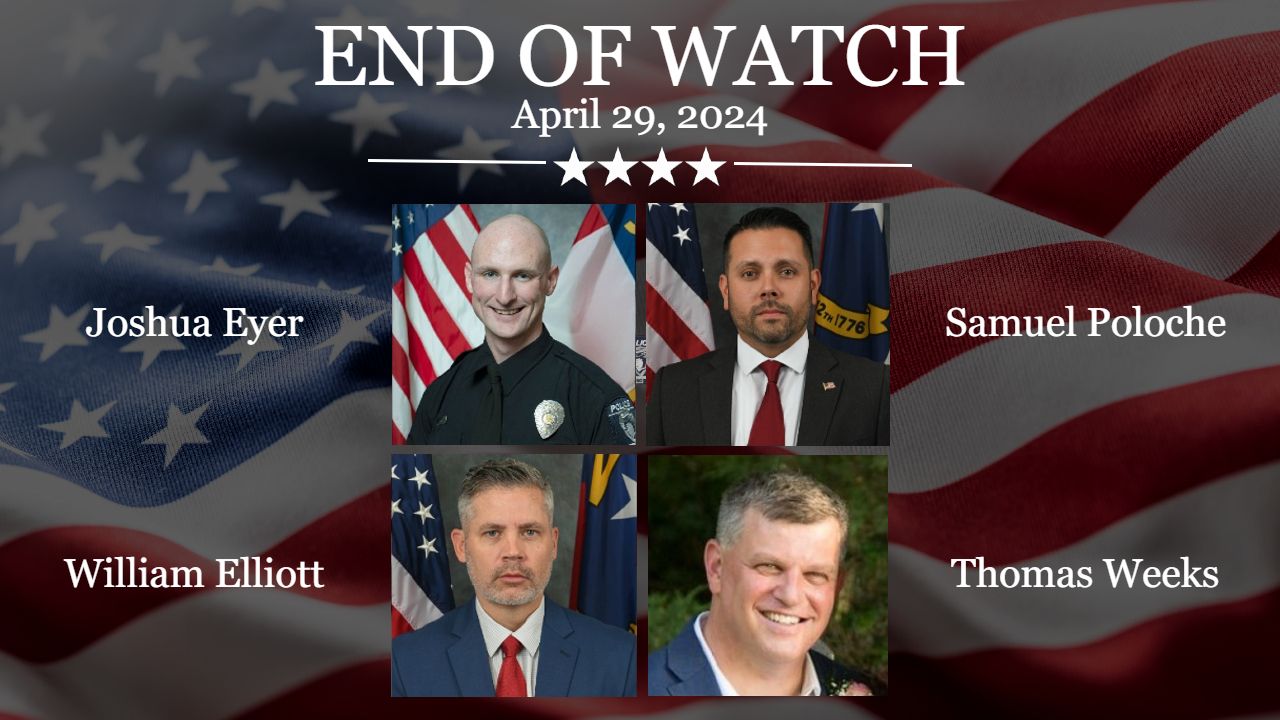
It’s been one year since the deadly shooting on April 29 in Charlotte that took the life of four law enforcement officers and Bryant says the dangers of the job serves as a reminder to check-in on those around you.
“I think one of the things is listening without judgment. The best way to save someone’s life is something simple that anyone can do,” Bryant said. “Be willing to pick up the phone and ask questions — ‘Are you sure you’re OK? Are you sure you all right?’ Let them know that you’re there for them if they want to talk and plant that seed.”
Police Health, a health insurance company for officers, said early intervention is critical as 27% of officers report struggling with alcohol abuse two years into their jobs.
“If it lasts for more than two weeks and it starts interfering with your everyday life, you need to go talk to someone because it will get worse. You can get the help you need, you can get better, and you can get on the road to recovery and lead a good life,” Bryant said.
The Charlotte-Mecklenburg police say they have taken a proactive approach to provide mental health services to sworn officers and soon, the Office of Employee Wellness will include a team of three behavioral health technicians and licensed counselors.
For support with mental health, you can call or text 988 for help.








